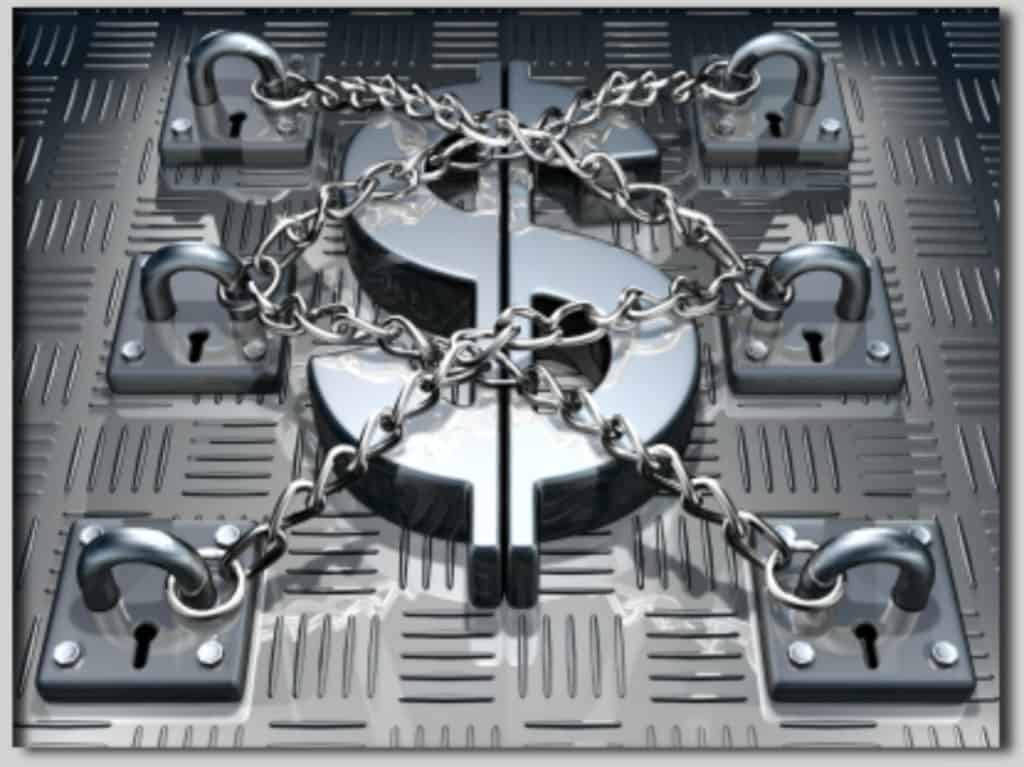Thank you for reading our Brandon's Blog. Check out our AI insolvency bot on this page and don't forget to subscribe!
Hiding assets in bankruptcy is a huge mistake
When you are contemplating filing for bankruptcy, don’t believe that hiding assets in bankruptcy proceedings will work for you. A licensed insolvency trustee is very good at finding undisclosed property. And if you intentionally try to hide assets, you could face severe consequences.
Some people filing for bankruptcy think that if they don’t list property in their sworn statement of affairs, they can dupe the licensed insolvency trustee and keep the property. This is a huge mistake and illegal.
The first assessment
A licensed insolvency trustee does a full assessment of the person considering filing for bankruptcy, to decide if they can avoid bankruptcy. The Trustee will get a written statement from the debtor of his or her assets and liabilities.
In addition to requesting the person to list all of his or her assets, there will also be certain questions, such as:
- Have you sold, disposed of, or transferred any assets in the past twelve months?
- Have you sold or transferred any property in the past five years while you knew yourself to be insolvent, either in Canada or Elsewhere?
- Have you made any gifts to a relative or other person that was of a value in excess of $500.00 in the past five years?
- Have you received any lump sum payments or settlements in the last 12 months?
The purpose of these intake questions is so that the Trustee can get a full picture of the person’s situation, to give the best advice possible about using bankruptcy proceedings, or some other options that are available to the person as an alternative to and a way to avoid bankruptcy.
The Trustee’s analysis, which includes comparing the answers to these questions to, the person’s current budget of income and how they spend their money, their expenses, and the assets listed by them, may very well highlight inconsistencies, which will lead to more questions, and probably uncover the assets that the person is attempting to hide.
As part of the Trustee’s analysis, the Trustee will also want to look at some recent bank statements as well as your filed income tax return and notice of assessment for the previous year. There may very well be things jumping out of this review that will highlight inconsistencies, if someone is trying for hiding assets in bankruptcy.
Finally, the person’s creditors have a lot of information about the debtor’s financial affairs. Once the person files for bankruptcy, his or her creditors get notice of the bankruptcy and look at the disclosure on the sworn statement of affairs. If they are aware of an asset that has not been disclosed, I can guarantee you that they will call the Trustee to ask what about that other asset – and then tell the Trustee when they say, what are you talking about?
In a proposal filing we recently did, the person, in making an honest mistake, forgot to tell us of a piece of real estate they own with a sibling, bought for their mother to live in. The mother pays the running costs of the property. With all the stress the person was under, they sincerely forgot to tell us.
Once we mailed our notice to creditors, two days later a creditor emailed us asking what about the real estate, and supplied us with a title search to prove that the real estate is apparently half owned by our client! We then had to rework the proposal to account for this extra value.
So what if I just don’t list the asset(s) – will this work for hiding assets in bankruptcy?
If you think that hiding assets in bankruptcy is a good way to hang on to your property; think again. This is not a minor matter. In fact it’s a violation of the Bankruptcy and Insolvency Act (BIA) and the Criminal Code and it’s punishable by hefty fines and/or prison time.
Committing fraud against the government is never a good idea and the likelihood is that you will get caught. When the Trustee has reason to believe that an offence exists, we report it to the Office of the Superintendent of Bankruptcy Canada (OSB). The Superintendent sends the file to one of its special investigation units.
The investigation units work closely with the Royal Canadian Mounted Police (RCMP). The OSB encourages people to report fraudulent activities that relate to a bankruptcy file and they even have a toll-free number to call 1-877-376-9902. The OSB will encourage the RCMP to press criminal charges.
In addition to fines and/or prison time, if you are trying for hiding assets in bankruptcy:
- You will not get a discharge of your debts
- The Trustee can revoke your discharge and those debts cannot be discharged in future bankruptcies
Still think that hiding assets in bankruptcy is a good idea?
Honesty is always the best policy. If you make an honest mistake, just let your Trustee know, so they can figure out the best way to handle it.
If you are thinking of declaring bankruptcy, contact Ira Smith Trustee & Receiver as soon as possible. We will guide you through the process and Starting Over, Starting Now get you well on your way to living a debt free life.
THIS VLOG WAS INSPIRED IN PART BY OUR eBOOK – PERSONAL BANKRUPTCY CANADA: Not because you are a dummy, because you need to get your life back on track

